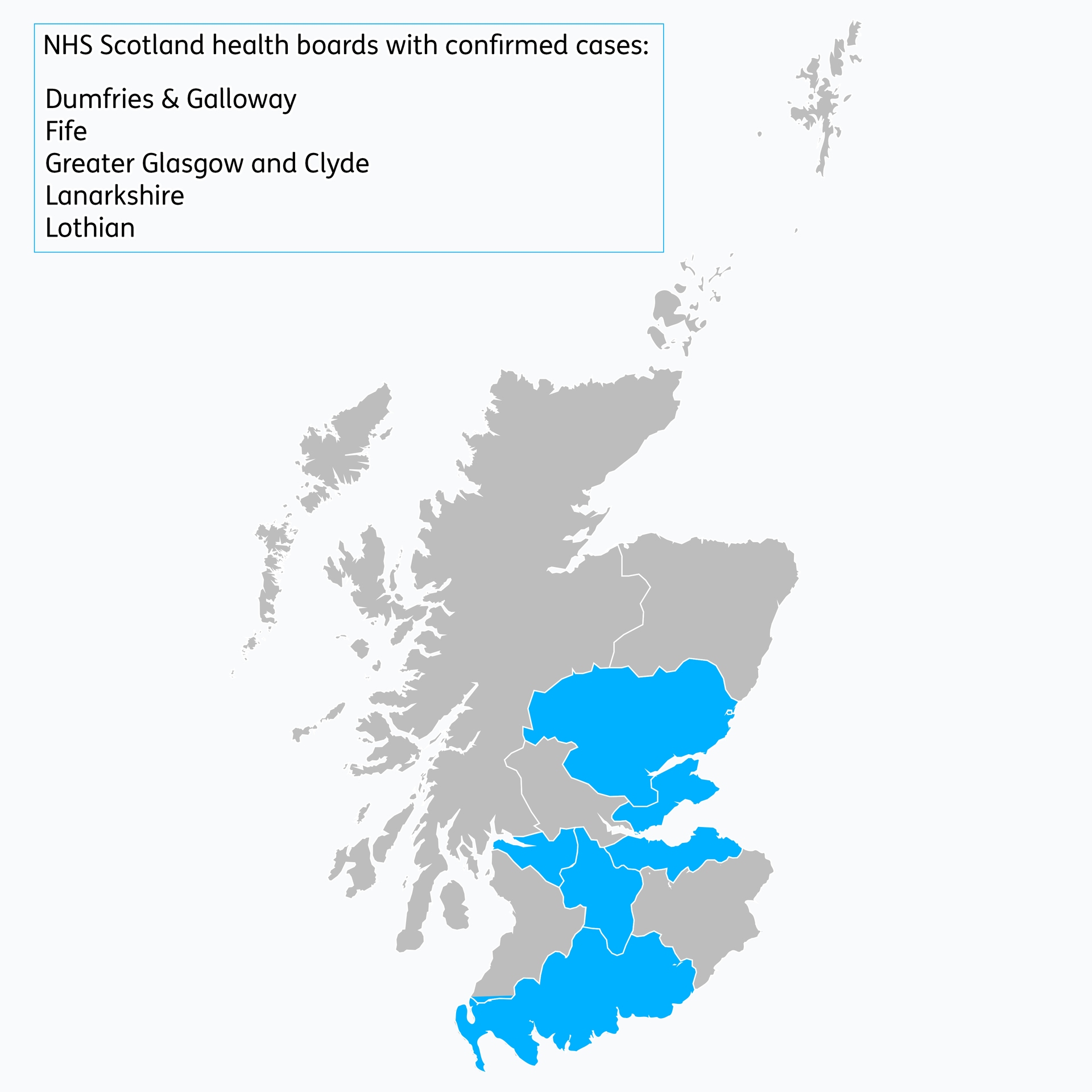The number of cases of hepatitis among children under the age of ten being investigated in the UK has risen to 108, health officials have confirmed.
This includes 14 in Scotland, where the outbreak was first identified, an increase of one since the last update.
Another two children have received liver transplants, bringing the total to eight, with at least one Scottish case.
Three Scottish kids were taken to specialist liver units in England for potential transplants.
 STV News
STV NewsThe number of kids who presented at the Royal Hospital for Children in Glasgow with abnormal liver function in March exceeded the annual total expected for the whole of Scotland.
On Tuesday, Scotland’s public health minister has said the mysterious strain of hepatitis had no link to the Covid-19 vaccine, with none of those idenfitied having had the jag.
An investigation of global importance was launched after the spike in cases was confirmed with coronavirus being looked at as a potential cause.
However, medics believe the most likely cause is infection by an adenovirus – a family of common viruses that usually cause a range of mild illnesses and most people recover without complications.
But other potential origins of the disease including another infectious pathogen (such as Covid-19) or an environment cause such as a toxic exposure to food, drinks or toys favoured by younger children, are still being actively investigated.
Public Health Scotland is working with the UK Health Security Agency (UKHSA), Public Health Wales and the Public Health Agency.
Dr Meera Chand, director of Clinical and Emerging Infections at UKHSA, said: “We are working with the NHS and public health colleagues in Scotland, Wales and Northern Ireland to swiftly investigate a wide range of possible factors which may be causing children to be admitted to hospital with liver inflammation known as hepatitis.
“Information gathered through our investigations increasingly suggests that this is linked to adenovirus infection. However, we are thoroughly investigating other potential causes.
“Normal hygiene measures such as thorough handwashing (including supervising children) and good thorough respiratory hygiene, help to reduce the spread of many common infections, including adenovirus.
“We are also calling on parents and guardians, to be alert to the signs of hepatitis (including jaundice) and to contact a healthcare professional if they are concerned.”
Follow STV News on WhatsApp
Scan the QR code on your mobile device for all the latest news from around the country


 iStock
iStock
























